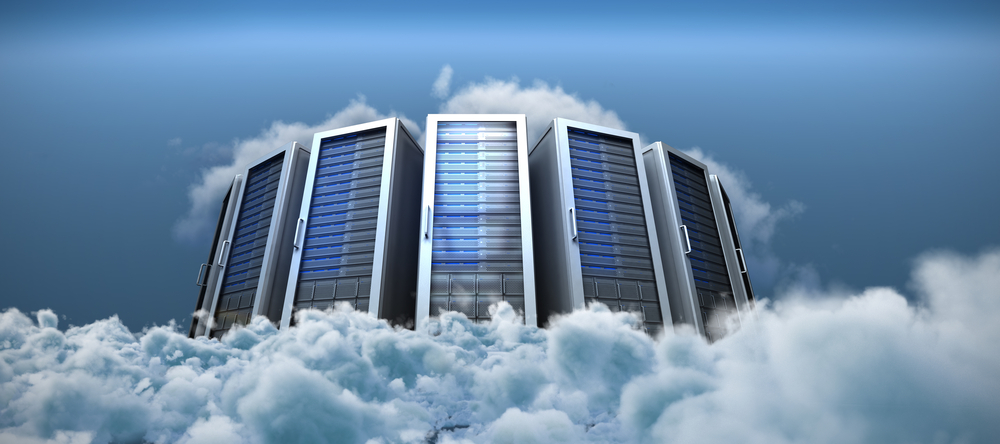2 min read
166 Views
Editorial Staff
What are the benefits of a cloud server?
Cloud servers can be a major help in reducing the upkeep cost of a business. In house servers require maintenance, [...]
C
loud servers can be a major help in reducing the upkeep cost of a business. In house servers require maintenance, power, more a/c to keep workers cool from the heat output, and take up physical space. A cloud server is remote, and eliminates many of these costs right off the bat. In fact, with most servers, you only pay for what you use. This way you can control your bill in a sense. Also, it’s not necessary to have a large business to use a cloud server. There are many suitable for small businesses as well.
One of the best parts too is the reliability. In house server’s fail more often and typically have a longer downtime than their cloud counterparts. In fact, cloud servers typically come with a guarantee of a 99.99% up-time. Should something happen to the original server though, there are fallback that will take the place of the original failing server nearly instantaneously. To boot, all the major infrastructure and technical dealings are handled by the server provider themselves.
Basically, you don’t have to deal with much of any upkeep whatsoever as far as ‘behind the scenes’ work is concerned. This can significantly reduce the amount of time your business as a whole has to dwell on tech issues, thus creating a larger gap of time to focus on other company related business.
Everything being said, it wouldn’t be fair of us not to mention the drawbacks of this type of server, though they are few. The biggest drawback is that none of what’s stored on the cloud server is accessible without an internet connection. Secondly, there is really limited control of the server itself, since that is run by the provider itself. Those two things aside, there aren’t any huge drawbacks to using this style of server, and it really is worth looking into further.




